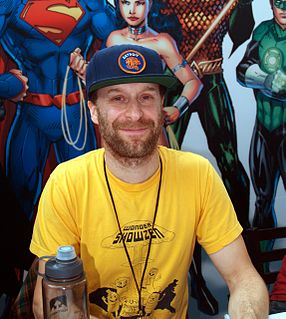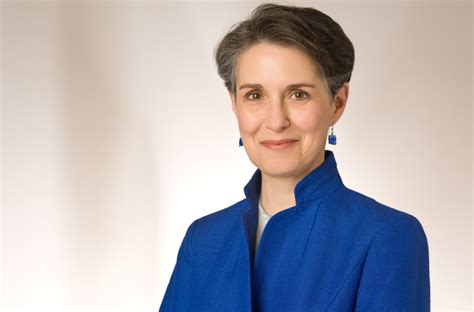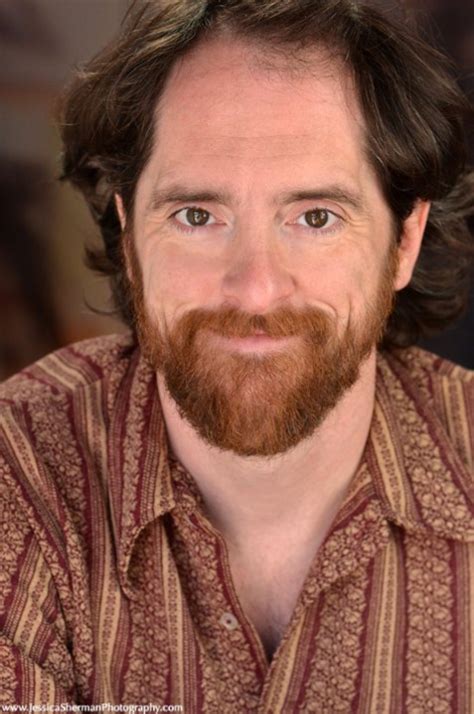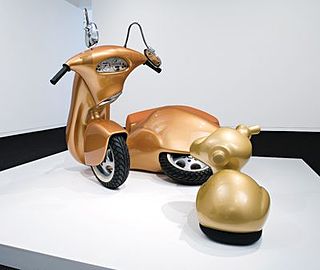A Quote by Raymond Williams
It is not primarily ideas that have a history; it is societies. And then what often seem opposed ideas can in the end be seen as parts of a single social process.
Related Quotes
Creativity is the generation and initial development of new, useful ideas. Innovation is the successful implementation of those ideas in an organization. Thus, no innovation is possible without the creative processes that mark the front end of the process: identifying important problems and opportunities, gathering relevant information, generating new ideas, and exploring the validity of those ideas.
I am often talking about the ideas collected in Normal Life in contexts that are not academic, or that are full of people who are not primarily engaging as theorists or theory-readers. Being able to make ideas visual, especially critical ideas about movements that can be difficult to hear because of attachments we have to certain national narratives, or because of ways that we see ourselves, is especially useful.
You have to have a lot of ideas. First, if you want to make discoveries, it's a good thing to have good ideas. And second, you have to have a sort of sixth sense-the result of judgment and experience-which ideas are worth following up. I seem to have the first thing, a lot of ideas, and I also seem to have good judgment as to which are the bad ideas that I should just ignore, and the good ones, that I'd better follow up.







































